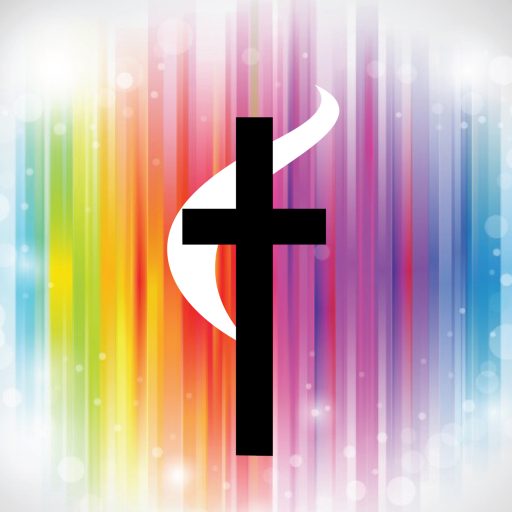Reflection by Bishop Kedda on the occasion of the ECC 20th Anniversary
At the heart of what it means to be in the Ecumenical Catholic Communion is that we are Catholic. From our earliest days we have been Catholic. Our ecclesiology is Catholic. Our founders were alienated former Roman Catholics who could no longer remain within that system. They gathered in small groups and continued to express their Catholic faith as best they could. When the ordination of Mary Ramerman brought national attention to an Old Catholic bishop named Peter a door opened before these seekers. What these Catholics discovered is a way to be Catholic, with an authentic history and theology. For many of us it felt like a secret that had been withheld or hidden. Our hearts leapt within us.
The first person we know of to use the word Catholic about the church was Ignatius of Antioch, a 2nd century bishop, in a letter he wrote before he was put to death in Rome. At this time all the followers of Christ were Catholics. The founders of the ECC did not see themselves as creating a new church or a new denomination. They were reclaiming the legacy and tradition of Catholicism at its roots and seeing themselves as continuing the Catholic tradition of the early church. For myself, I understood this as returning to an authentic Catholicism.
Being Catholic was summed up by St. Vincent of Lerins who said that what defines Catholic is “what has been believed everywhere, always, and by all.” In other words, we are Catholic in so far as we continue our conversation with the past while simultaneously moving forward into the future. We share this concept with Old Catholics and Orthodox Catholics. We are open to new conversations, open to creativity, but firmly rooted in the past. As the Ecumenical Catholic Communion, we remain authentic Catholics in good faith, because we are tracing the faith and order of our Catholicism back to the beginning, to the early church.
We have a trinitarian faith. Catholic means that we are a community of love and in self-giving we participate with God, through Christ, in the power of the Holy Spirit, to draw all things together into the Unity of God’s love. God’s love, God’s grace, and God’s salvation is for all of creation. Catholic means here comes not just everybody, but everything. We have unity with great diversity. Down through history we have absorbed culture and made it part of us. We are inclusive of all prayer types and spiritualities.
Because we are rooted in the Old Catholic tradition from which we get our apostolic succession this is our main source for understanding what it means to be Catholic. It is why we encourage each other to study this tradition and encourage our members to go to Utrecht. But there are key elements to being Catholic that we feel in our Catholic souls. For example, we are a eucharistic people. All that we do flows toward the “breaking of the bread” and all we will do flows out of that eucharist. Eucharist is central to being Catholic. Being a eucharistic and liturgical people is a chief identifier of being Catholic.
People know when they are walking into a Catholic church. We are an earthy people, using the stuff of creation to express mystery. We are incarnational using many symbols, movements, and the stuff of earth to speak to us about God and mystery. Our sacraments are transformative, celebrating change, celebrating new life. Our theology is a theology of communion. God invites every kind of diversity to come into communion. As Catholics we believe that salvation is the same thing as communion with God and is accomplished through the reconciliation of broken relationships. It is this desire for unity that makes us Catholic because we know that salvation is for everyone, everywhere. The desire for unity makes one small faith community want to be part of a diocese, it makes a diocese want to be part of the Ecumenical Catholic Communion, it makes the ECC want to be part of the National Council of Churches. The desire for unity makes us Catholic.
